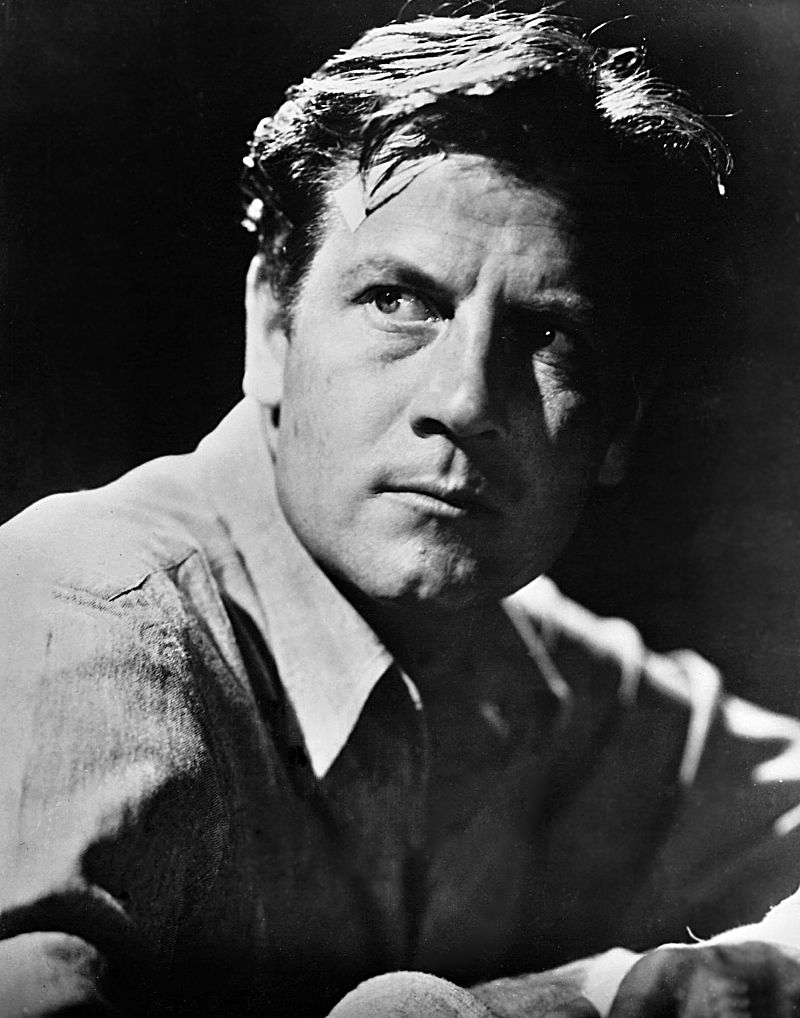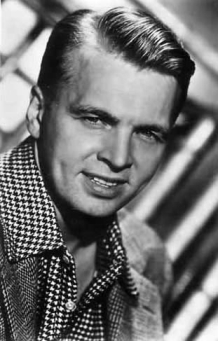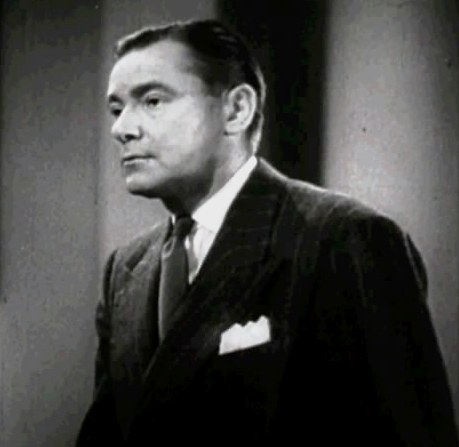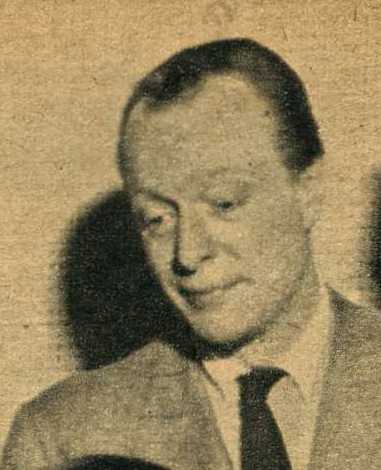CBS/Paramount stopped releasing the 1970s private detective series Cannon after doing a DVD-R release of Season 3 in 2013. VEI took over the project in 2015 and brought the full collection, all 122 episodes plus the pilot TV movie and the revival movie The Return of Frank Cannon.
TV Series Overview
Cannon was released during a golden age of television detective programs It ran from 1971-76. The show’s tenure overlapped partially with Columbo and NBC’s Mystery Wheel movies, along with Kojak, Ironside, Mannix, and the Rockford Files, among others. Many well-made detective programs that got produced during this era couldn’t get renewed due to the sheer competition for people’s eyeballs. In such a world, Cannon‘s endurance for five seasons is a testament to its quality.
The series stood out for a few reasons. First was its lack of an ongoing supporting cast. Recurring characters were a rarity. In season one, a young Martin Sheen played Jerry Watson, an ex-cop with a disability, and was Cannon’s assistant for two episodes. And that’s it for any significant recurring roles throughout the series. If you look at the Cannon IMDB page, you’ll see a few actors appeared multiple times but most appeared as different characters. The show’s guest cast was a combination of future stars (Sheen, Mark Hamill, and Nick Nolte), recognizable talents like Stephanie Powers and Dick Van Patten, well-known veteran actors like Anne Baxter and Keenan Wynn, and obscure actors.
The series leaned a bit towards suspense rather than typical whodunit plots, particularly in the program’s early episodes. The villains would be known to the audience, and it would be a question of whether Cannon would thwart the villains. The series leaned heavily in the direction of action. If you like car chases, fistfights, and explosions, then Cannon has got you covered. Despite his size, Cannon is more than able to handle himself, not only with guns but also with his fists.
Cannon isn’t just a pudgy fighter. He shows many sides to his character in the course of the series. He was a Korean War Vet and and a widowed ex-cop turned high-priced private investigator. In the first episode, Cannon is portrayed with a nice apartment and an assistant, but in this series itself, this was scaled back. Cannon’s apartment in the series could be best described as comfortable. He wears decent suits, but more often than not, conducts his investigations in a windbreaker and clothes that we’d consider business casual. His Lincoln Continental was a luxury car but has been mentioned at least twice on lists of most ugly television cars.
He generally approaches the question of whether to accept any given case with professional detachment. However, his high prices to the wealthy often allowed him to take on the cases of people in need but without means for free or at a reduced rate. He’s naturally friendly and particularly kind to young people in distress as they seem to bring out his fatherly instincts and he jumps in to help. However, he accepts no nonsense and if you start a fight with him, he will finish it.
The writing on the series was solid. With the series not committed to any particular formula, this gave the writers a lot of freedom to put Cannon into different situations that could range from suspenseful adventures to more typical mysteries. Some story ideas reoccurred, such as the small southwestern towns where law enforcement was crooked or some dirty secret was kept and Cannon had to bust heads to set things right. But that also left room for interesting ideas like the time Cannon helped a political prisoner from another country flee only to discover he’d been conned and had to get the prisoner back or the episode where Cannon had to investigate a murder that appeared to be committed by a being from outer space, or the last episode where Cannon had to save a friend who had gone mad after some military experiments. And then there were a lot of plots around the mafia and underworld class that knew of Cannon from his years as an honest cop.
Cannon never jumped the shark. In fact, Cannon’s last season was probably its best written. It started out with “Nightmare,” the best episode of the series that dug deep into Cannon’s past and how his wife died. (Review here) and also the crossover with the Buddy Ebsen-led series Barnaby Jones, “The Deadly Conspiracy” (reviewed here). The series end was not a case of the show going bad or losing its edge but of the public’s interest going elsewhere.
The DVD also includes The Return of Frank Cannon, a TV movie released four and a half years after the series ended. It finds Cannon having retired and bought a restaurant. However, Cannon comes out of retirement to help the widow (Diana Muldaur) of an old friend, who was also an old flame. Cannon’s friend’s death is tied up in a some cloak and dagger stuff and the local area’s unusually high number of retired intelligence officers.
The Return of Frank Cannons feels like a long episode but a good one. The romance between Cannon and the widow is played up more than any other romantic angle in the TV series. The romance is wistful and sweet. The movie does feel padded at times. Reportedly there were talks of doing a few more Cannon TV movies, but they only ended up doing one which leads to some scenes which in retrospect become unnecessary. That doesn’t stop the Return of Frank Cannon being a nice curtain call for a remarkable TV series.
In my view, Cannon is underappreciated. In its time, the series received several awards nominations including Emmy and Gold Globe nominations for Conrad, and was well-beloved overseas and recognized with awards in West Germany and Spain. But until recently, it’s not received near the same amount of play in TV syndication or on streaming services as many other 1970s programs.
While Cannon isn’t as good as Columbo and The Rockford Files, it’s a well-made series and better than some shows from the era that have been more widely distributed. It’s a superb series and a highlight of a great decade for TV private eyes.
DVD Release Review
This is a no-frills collection. They even dumped the pre-show teasers that CBS included in their releases. Other than some production slides with the theme music playing in the background, you have no real extras. The episodes are essentially provided exactly as aired with no remastering or retouching.
To be fair, Cannon isn’t a series where you expect high definition remastering or featurettes about the making of the series. VEI released a set that’s sure to make fans say, “Finally, the whole series is available on DVD.” And for that, I’m glad.
The DVD Covers are all basic, as is the disc art with William Conrad framed in a picture and a different color for each of the five seasons of the show. I do like the disc art, which does show a sort of elegant simplicity. Each season also has an episode guide with the date the episode aired and a generally accurate synopsis of the plot.
My only complaint with the presentation comes back to how they handled the release of “The Deadly Conspiracy.” Originally, it aired as a two-parter with part one being an episode of Cannon and part two continuing on Barnaby Jones. On this collection, “The Deadly Conspiracy” is shortened to a single episode that hardly justifies the title with a different ending. To get the story as it originally aired, you have to purchase Barnaby Jones, Season Four. VEI was only following the syndication strategy that Cannon had used. (While Barnaby Jones syndicated both episodes as originally aired.) However, it does seem like they could have included the full version of “The Deadly Conspiracy” particularly since Cannon Season Five included an extra disk that would have easily accommodated it.
Overall Thoughts
Cannon is a personal favorite. William Conrad is a delight in this, and if you’re a fan of old school private detectives, this is a real gem of a series. As of this time of this writing, the entire collection is available for $33.99, which comes out to twenty-eight cents per episode. A true bargain by my measurement.
Rating 4.0 out of 5
Note; If you’re curious about Cannon but not ready to buy it, you can check out an episode or so for free. It’s currently airing on the nostalgia-themed network ME-TV. It’s currently in the 2 a.m. time slot, so unless you’re an insomniac or work the late shift, you may want to plan on setting the DVR to record it.
This post contains affiliate links, which means that items purchased from these links may result in a commission being paid to the author of this post at no extra cost to the purchaser.





